This week, we’re talking about the role of rail in imperial Japan, with a particular focus on the infamous South Manchuria Railway Company. How does a rail line become key to Japan’s imperial ambitions in China?
Sources
Sewell, Bill. “Reconsidering the Modern in Japanese History: Modernity in the Service of the Prewar Japanese Empire.” Japan Review 16 (2004)
Sheperdson-Scott, Kari. “A Legacy of Persuasion: Japanese Photography and the Artful Politics of Remembering Manchuria.” The Journal of Decorative and Propaganda Arts 27 (2015)
O’Dweyr, Emer. Significant Soil: Settler Colonialism and Japan’s Urban Empire in Manchuria.
Ericson, Steven J. The Sound of the Whistle: Railroads and the State in Meiji Japan.
Images
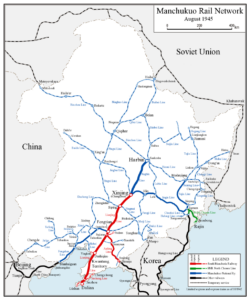
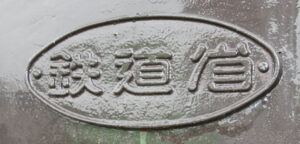
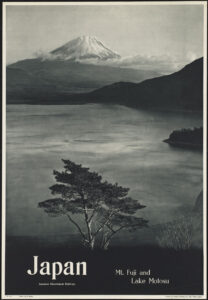
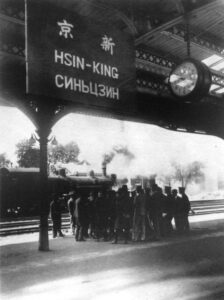
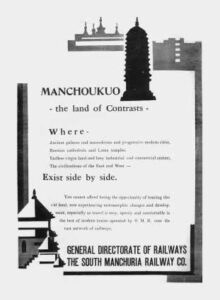
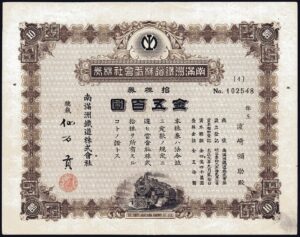
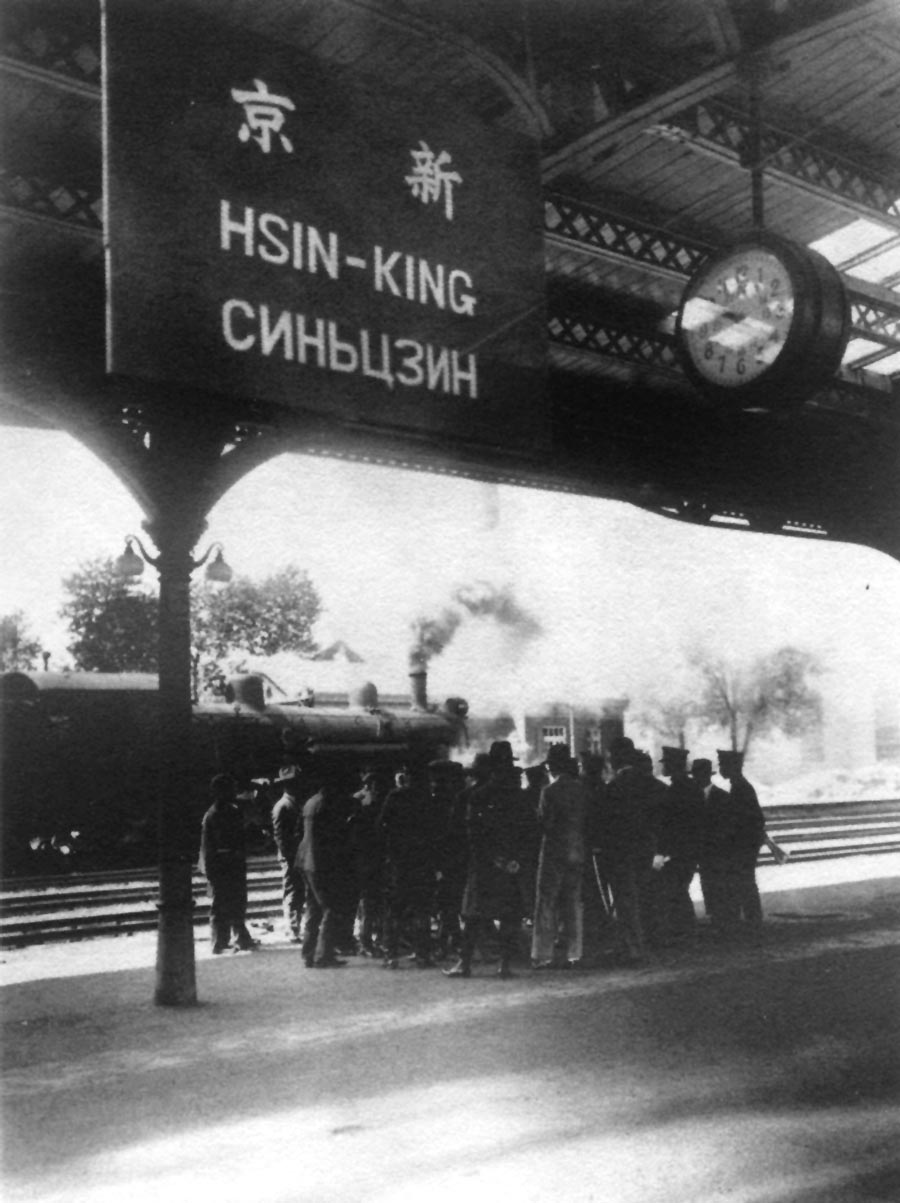
Great series, as always. Really enjoying it.
A couple of small Manchuria corrections, nit-picky stuff:
You said that Gotō Shinpei was the first civilian Governor-General of Taiwan. But he was never governor, he was the Head of Civilian Affairs Division (民政局長), the top civil administrator under the Governor-General, Kodama Gentaro. The first civilian Governor-General of Taiwan was Den Kenjiro, in 1920.
You implied that Port Arthur was the same as Dalian, but they were two different cities. Port Arthur was known as Lüshun (Ryojun), and was a separate city from Dalian/Dairen. Today Lüshun is a district within Dalian City.
You said that the Liaodong Peninsula was Japanese territory, but it was a leased territory, which still had Chinese sovereignty, although China had no authority in the territory.